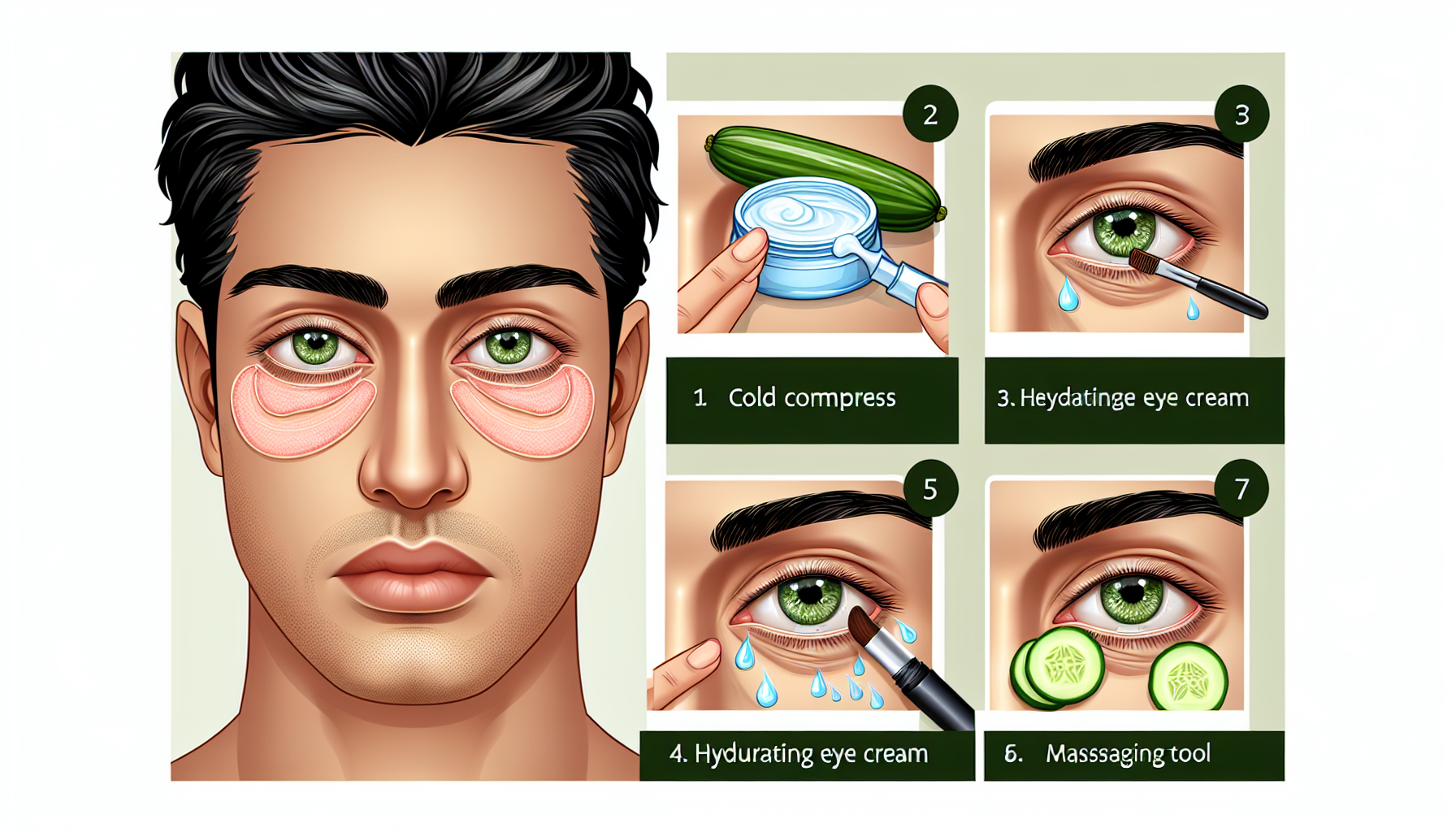The Secrets Behind Why Your Eyes Might Be Puffed Up (and What You Can Do About It)
Waking up in the morning to find your eyes puffy and swollen is an all-too-common experience for many of us. Perhaps you’ve looked in the mirror and noticed those heavy lids staring back at you, wondering why they’re looking so less-than-refreshed. Or maybe tears from a good cry have left you with a stinging puffiness that just doesn’t seem to want to go away. Understanding what causes these eye bags can help you address not just the symptom but also the underlying issues. Let’s dive into some reasons why your eyes may be puffy and explore effective solutions.
1. Lack of Sleep
Have you ever wondered why your eyelids are more droopy after a late night? Sleep deprivation can lead to an increase in certain hormones that cause fluid retention in the body. According to Dr. Anar Mikailov, co-founder of Skintensive and a board-certified dermatologist, "Sleep helps the body detoxify and eliminate waste products. A lack of it means that toxins start to build up, which can lead to puffiness around the eyes.” So, remember: aiming for 7-9 hours of sleep could not only boost your overall health but potentially decrease those unsightly bags!
2. Sleep Position Matters
Believe it or not, the way you position yourself during sleep can impact your facial aesthetics. If you’re one to bury your face in pillows, you might find your eyes more puffy upon waking. Dr. Mikailov explains that sleeping face down can cause fluids to accumulate around the eyes. To alleviate this, try elevating your head with an extra pillow. It utilizes gravity’s help to keep those pesky fluids from settling around your eyelids.
3. Hormonal Fluctuations
For those who menstruate, it’s common to experience a bit of puffiness before your cycle hits. Dr. Mikailov notes that increased levels of progesterone can lead the body to retain more fluid, which often manifests around the eyes. So if you notice a recurring swell each month, know that it’s not just you—hormonal fluctuations can play a big role.
4. Allergies at Play
Seasonal allergies can leave you with itchy, watery, and puffy eyes, and you’re likely not alone in this experience. During peak seasons, your eyes may react with inflammation due to histamine release, which causes them to swell. Dr. Mikailov suggests over-the-counter antihistamines can be a good first step to combat allergy-induced puffiness.
5. Dehydration Dilemma
It may seem counterintuitive, but dehydration can be a surprising culprit behind puffiness in the eye area. When your body lacks sufficient hydration, it holds onto fluids to conserve what little it has left, leading to retention and swelling. Staying properly hydrated can help mitigate this issue while also benefiting various functions within your body.
6. An Aftereffect of Crying
Finally, we can’t overlook the simple fact that tears—while cathartic—can leave you looking worse for wear. Dr. Mikailov points out how the tissues surrounding your eyes can absorb excess tears and produce swelling. To combat this, gently dab your tears away to minimize skin irritation and keep those puffy eyes at bay.
Puffy eyes, while annoying, are often more than just a cosmetic issue; they can signal various underlying health concerns. Fostering good sleep hygiene, maintaining hydration, and addressing allergies are essential steps in keeping those eye bags under control. Next time you wake up with the "puffy peril," consider these tips, and don’t forget to consult a healthcare provider if puffiness becomes a chronic issue. Let’s keep those eyes looking bright and healthy!
